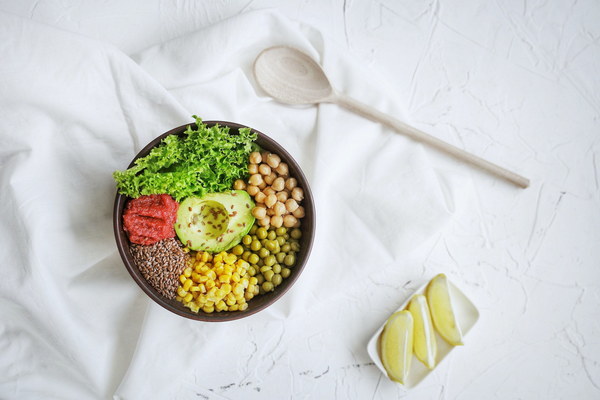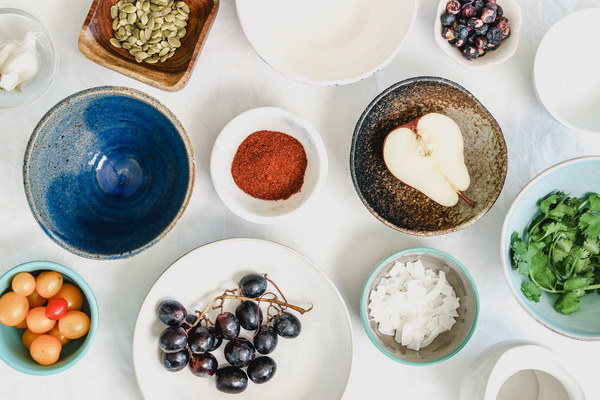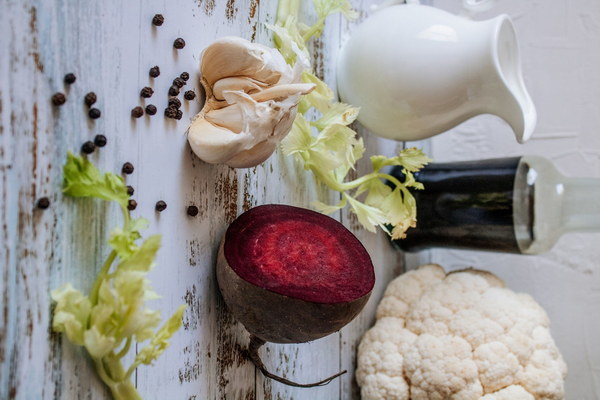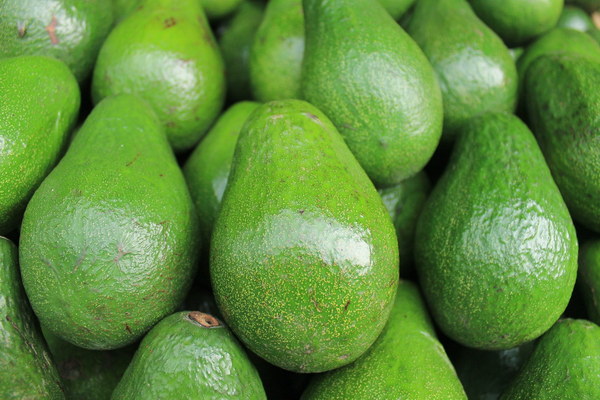Is It Safe for Women to Take Ginseng as a Winter tonic
As the winter season approaches, many people turn to traditional remedies and tonics to boost their immune system and stay healthy. Among the most popular tonics is ginseng, a root that is believed to have various health benefits. However, the question arises: Is it safe for women to take ginseng as a winter tonic? In this article, we will explore the benefits and risks of using ginseng during winter, specifically for women.
Ginseng has been used in traditional Chinese medicine for centuries, and its benefits have been well-documented. It is known to enhance the immune system, improve cognitive function, and reduce stress levels. Moreover, ginseng is believed to have anti-inflammatory and antioxidant properties, making it a popular choice for winter tonics.
For women, ginseng may offer several benefits, particularly during the winter months. Here are some of the potential advantages:
1. Boosts Immune System: Ginseng has been shown to enhance the immune system, making it an excellent choice for winter. It can help the body fight off colds, flu, and other infections.
2. Energy and Vitality: Ginseng is known to increase energy levels and vitality, which is especially beneficial during the winter months when energy levels tend to drop.

3. Menstrual Health: Some studies suggest that ginseng may help regulate menstrual cycles and alleviate menstrual symptoms, such as cramps and mood swings.
4. Fertility: For women who are trying to conceive, ginseng may improve fertility by increasing blood flow to the reproductive organs.
However, while ginseng offers several benefits, it is essential to be aware of the potential risks and side effects, especially for women.
1. Hormonal Imbalances: Ginseng may interfere with hormone levels, particularly in women who are taking hormonal birth control or have a history of hormonal imbalances. This can lead to irregular menstrual cycles, mood swings, and other symptoms.
2. Gastrointestinal Issues: Some women may experience gastrointestinal discomfort, such as nausea, diarrhea, and stomach pain, after taking ginseng.
3. Allergic Reactions: Although rare, some individuals may experience allergic reactions to ginseng, which can manifest as hives, itching, and difficulty breathing.
4. Interaction with Medications: Ginseng may interact with certain medications, such as blood thinners and diabetes medications. It is crucial to consult with a healthcare provider before starting ginseng if you are taking any prescription medications.
To determine whether ginseng is safe for you, it is essential to consider the following:
1. Consult with a Healthcare Provider: Before starting ginseng, consult with a healthcare provider to ensure it is safe for your specific health conditions and medication regimen.
2. Choose the Right Form: There are various forms of ginseng, including capsules, tablets, tea, and extracts. Choose a form that suits your preferences and consult with a healthcare provider to determine the appropriate dosage.
3. Monitor Your Health: Pay close attention to any changes in your health or symptoms after starting ginseng. If you experience any adverse reactions, discontinue use and consult with a healthcare provider.
In conclusion, ginseng can be a beneficial winter tonic for women, but it is essential to be aware of the potential risks and side effects. By consulting with a healthcare provider, choosing the right form, and monitoring your health, you can safely enjoy the benefits of ginseng while minimizing the risks. Remember, the key to staying healthy during winter is a balanced diet, regular exercise, and adequate rest.









